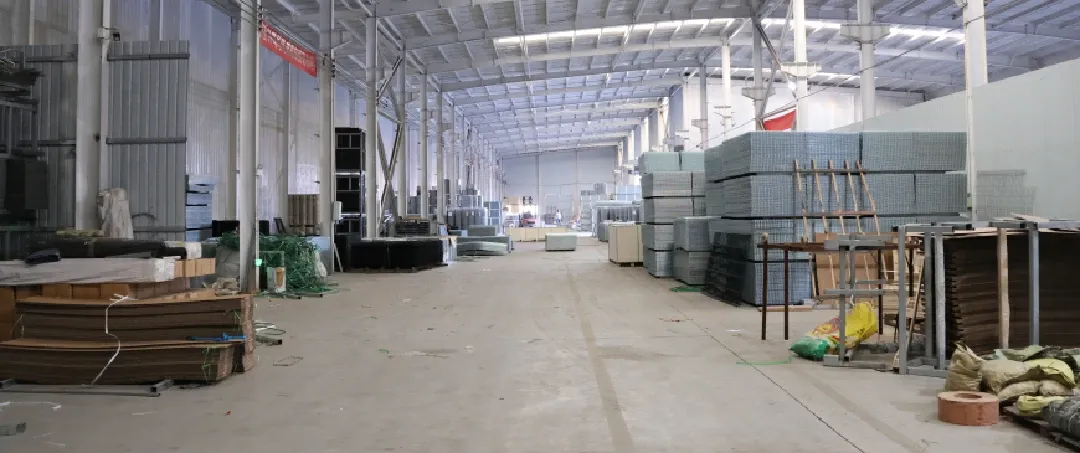wire netting fence
Understanding Wire Netting Fences A Comprehensive Guide
Wire netting fences have emerged as one of the most versatile and widely used fencing solutions across various industries and applications. From agricultural settings to residential properties, the applications of wire netting are extensive. This article dives into the characteristics, advantages, and uses of wire netting fences, highlighting why they have become a preferred choice for many.
What is a Wire Netting Fence?
A wire netting fence is composed of interconnected wire strands that create a mesh-like structure. These fences can be made from various materials, with galvanized steel being the most common due to its durability and resistance to corrosion. The mesh openings can vary in size depending on the intended use, ensuring that wire netting can serve multiple purposes—ranging from keeping small animals in or out to providing security for private property.
Advantages of Wire Netting Fences
1. Durability and Longevity One of the primary benefits of wire netting is its durability. Galvanized wire is resistant to rust, weathering, and mechanical damage, ensuring that the fence can withstand the rigors of outdoor exposure. This longevity makes wire netting an economical choice in the long run, as replacement and maintenance costs are minimal.
2. Versatility Wire netting fences can be adapted for various purposes. They can be used to enclose gardens, secure agricultural fields, or even provide safety for swimming pools. The flexibility in design allows users to customize the height, mesh size, and style of the fence according to their specific needs.
3. Cost-Effective Compared to traditional wooden or brick fences, wire netting is generally more affordable. The materials and construction processes often result in lower costs, making it an attractive option for budget-conscious individuals or enterprises.
4. Easy Installation Installing a wire netting fence is often easier and quicker than other types of fencing. With basic tools, the installation process can be completed without professional assistance, saving both time and labor costs.
wire netting fence

5. Minimal Maintenance Once installed, a wire netting fence requires minimal maintenance. Unlike wooden fences that may rot or require staining, wire fences need occasional checks for tension and integrity, making them a low-maintenance option.
Common Uses of Wire Netting Fences
1. Agricultural Applications Farmers commonly use wire netting to protect crops and livestock. It effectively keeps animals, such as deer and rabbits, from entering fields and damaging plants. Additionally, it can confine livestock, preventing them from straying.
2. Garden Enclosures Homeowners often use wire netting to create garden enclosures that protect flowers and vegetables from pests. This use of netting allows for light and water penetration while providing a physical barrier against unwanted animals.
3. Security Solutions In both commercial and residential settings, wire netting serves as a security measure. Its visibility makes it a deterrent for trespassers, while its sturdy construction can restrict access to restricted areas.
4. Sports Facilities and Play Areas Sports fields, playgrounds, and other recreational areas often incorporate wire netting for safety purposes. This type of fencing can secure children within designated play areas and prevent balls from leaving the premises during sports activities.
5. Wildlife Protection In conservation efforts, wire netting can be used to protect endangered wildlife species by preventing poaching and habitat encroachment. It's also useful in establishing boundaries for wildlife reserves.
Conclusion
Wire netting fences represent a practical and efficient fencing solution that caters to a wide array of needs. With their combination of durability, versatility, and cost-effectiveness, they have carved out a significant niche in both residential and commercial applications. Whether you are looking to secure your property, protect your crops, or provide safety in recreational settings, wire netting fences offer a reliable option. As you consider your fencing needs, wire netting may just be the solution that ticks all the boxes.
-
Innovations in Razor Barbed Wire Design TechnologyNewsAug.11,2025
-
Roofing Nail Compatibility with Different Metal Roof TypesNewsAug.11,2025
-
Welded Wire Mesh for Rockfall Protection BarriersNewsAug.11,2025
-
Galvanized Wire Corrosion Resistance TestingNewsAug.11,2025
-
3D Fence Solutions Preventing Bird CollisionsNewsAug.11,2025
-
Using Chain Link Fence for Urban Garden SupportNewsAug.11,2025




